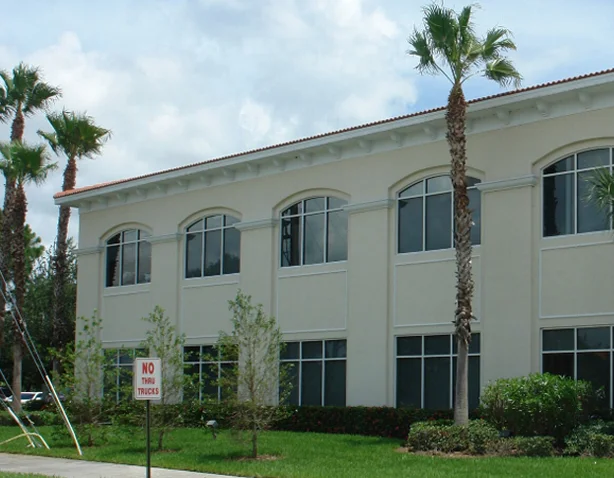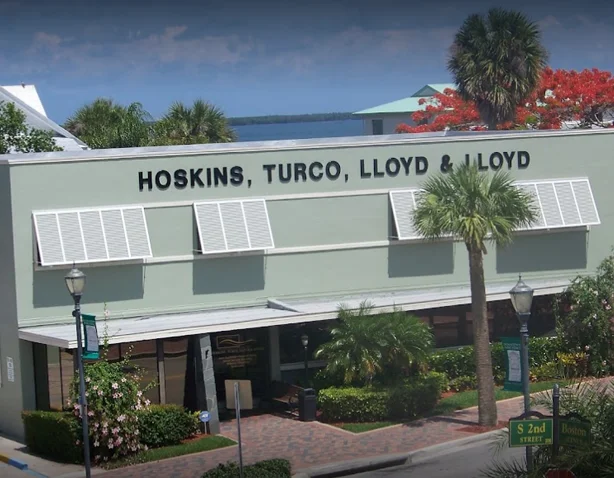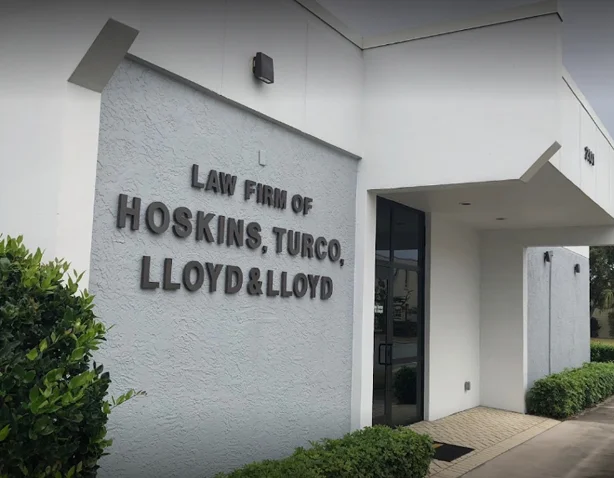Have you ever stopped to ask yourself what would happen if you got into a serious car accident — and
Personal Injury Posted on Aug 06, 2013
June 1 marked the beginning of the six month hurricane season. Many of us remember the devastating 2004 Florida hurricane season. The Treasure Coast and Lake Okeechobee areas were hit by Hurricanes Frances and Jeanne just three weeks and a few miles apart.
It looks like the 2013 Atlantic hurricane season is going to be active, producing an above average amount of storms. A total of eighteen storms are being predicted with nine of those strengthening into hurricanes. So far there have been three named tropical storms, Andrea, Barry, and Chantal.
A prediction of eighteen storms is not to be taken lightly. Here are some hurricane safety tips: develop a family hurricane plan; keep all emergency equipment (generators, flashlights, radios) in good working order; stock-up on non-perishable food and water supplies (enough for three days); keep photos or video of your home, its contents and other personal property in a separate location, such as in a safe deposit box; photocopy personal IDs, credit cards, insurance policies and other important documents and keep them in a watertight container with your emergency supplies; fuel and service family vehicles; cover all windows and doors with shutters or plywood; secure or bring in lightweight objects such as garbage cans, garden tools, toys and lawn furniture; and keep extra cash on hand for emergency purposes.
During a hurricane, you should listen closely to a radio tuned to NOAA Weather Radio or official bulletins for hurricane information, evacuate to a safe location when instructed by officials, and notify neighbors and family members outside the warned area of your hurricane evacuation plans. If you have not been ordered to leave and remain in your home: turn your refrigerator to its coldest setting and keep it closed, turn off propane tanks and unplug small appliances, fill your bathtub and large containers with water for sanitary purposes, and, finally, stay in a small interior room or closet that does not have windows.
After a hurricane, use tap water for drinking and cooking only when local officials say it is safe to do so; use a battery powered spotlight or flashlight for emergency lighting (never use candles or open flames indoors); keep your spirits up–things will improve; listen to the radio for weather, road conditions, updates and instructions; return to your home when instructed to do so by authorities; do not attempt to drive through or across flowing water, or cross areas where water is flowing (moving water as little as 6″ deep can sweep you away); stay away from standing water (it may be electrically charged from downed power lines); take pictures of the damage to your property and notify your insurance company; and have utilities like gas, water and electric inspected by professionals.
Most importantly, however, you must review your current homeowner’s insurance policy to determine if you’re covered in the event of flood and wind damage. Carefully read the exclusions statement. Homeowners insurance usually does not cover flood damage, so you must obtain a separate flood insurance policy. Typically, you must wait 30 days after you first purchase a flood insurance policy before your policy will take effect. With hurricane season quickly approaching, talk with your insurance agent today and review your policies to make sure you are fully prepared for hurricane season.
Our law firm is conveniently located across the Treasure Coast and Lake areas. If you ever have injuries, damages, or losses and an insurance company starts disagreeing with you, call me immediately for help.
Toll Free: 1-866-460-1990; After Hours: 1-772-359-0342
Have you ever stopped to ask yourself what would happen if you got into a serious car accident — and
In the wake of a devastating tragedy, Florida lawmakers are taking bold steps to ensure that hit-and-run drivers can no
Before you share that next post, read this. Our latest blog uncovers how social media affects injury claims and why

Phone: (772) 344-7770
Fax: (772) 344-3838

Phone: (772) 464-4600
Fax: (772) 465-4747

Phone: (772) 577-7551
Fax: (772) 794-7773

Phone: (863) 357-5800
Fax: (863) 763-2237
As the law firm Florida has trusted for over 40 years to fight on their behalf, we are more than ready to represent you. Put our experience and reputation to work. If you need help with any legal matter, whether it’s a personal injury, workers’ compensation, disability or bankruptcy case, contact us now. The consultation is absolutely free.
Get the answers you need. We’ll review your case today, for free.
"*" indicates required fields